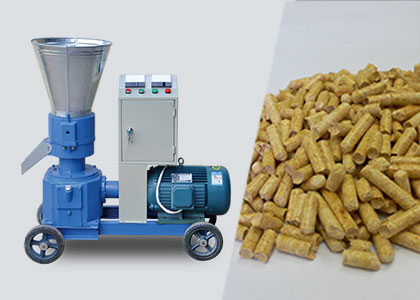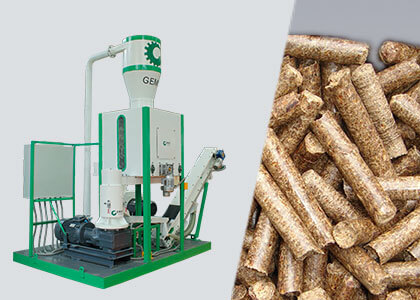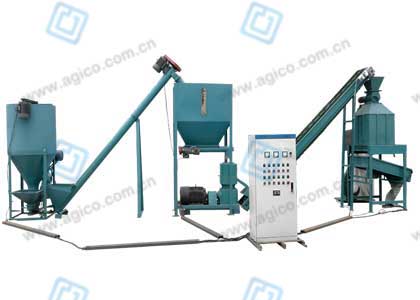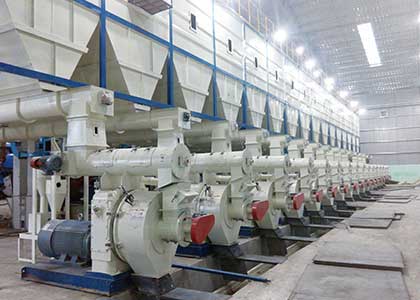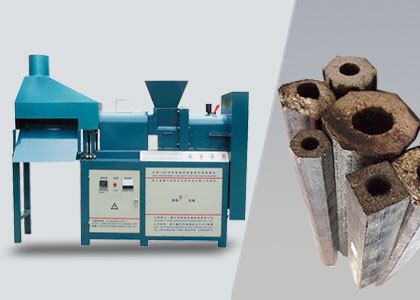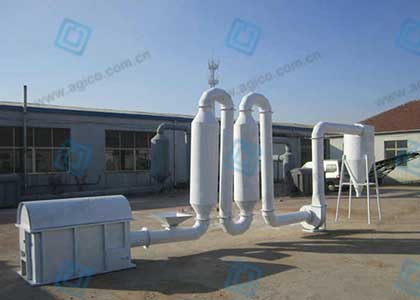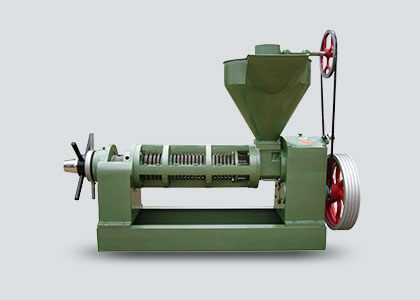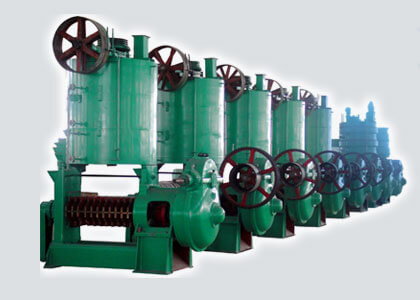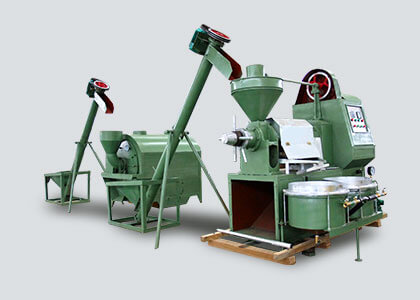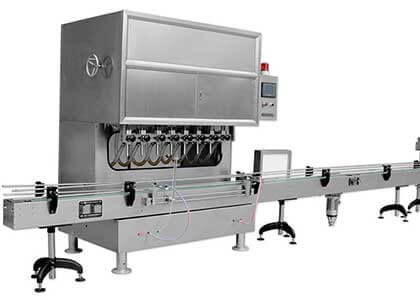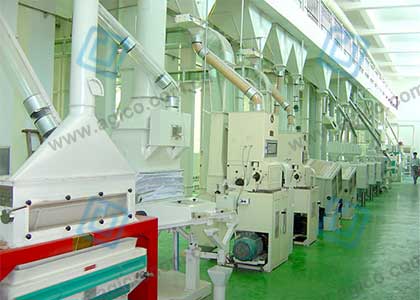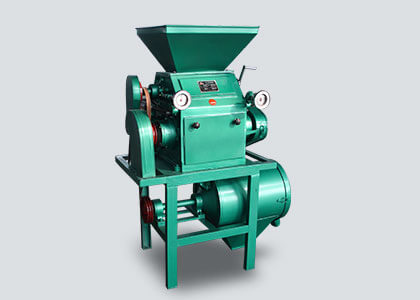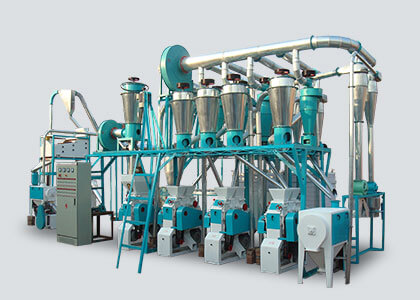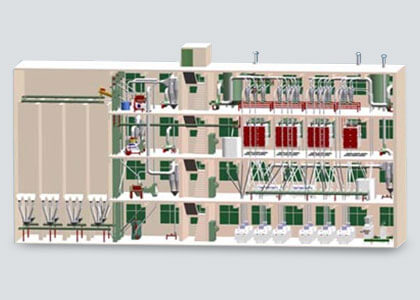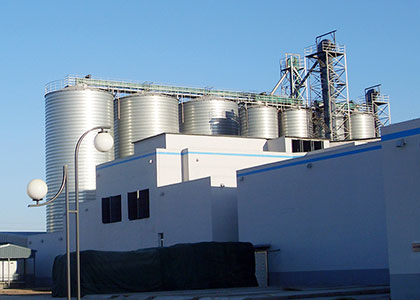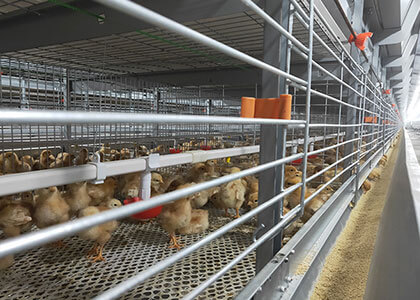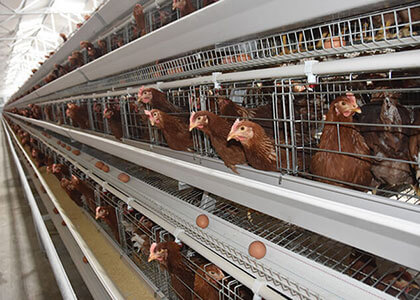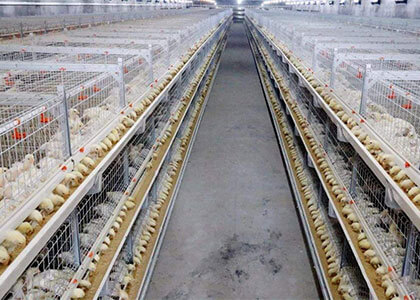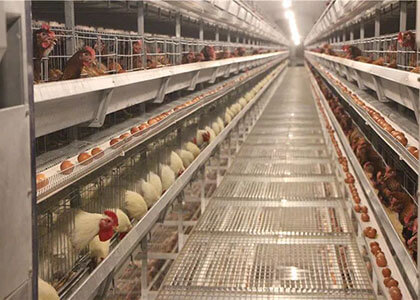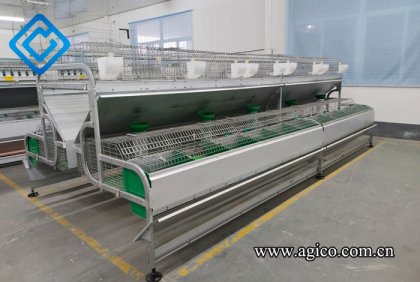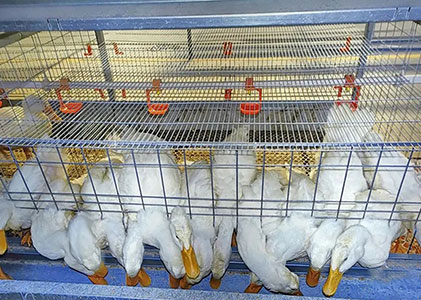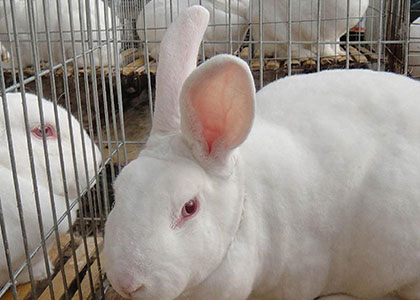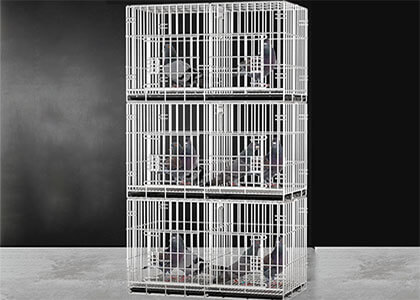In modern poultry farming, stable and reliable hatching equipment is essential, especially for farms located in remote areas or with unstable power supply. The limitations of traditional electric incubators are often daunting. Solving these problems, solar incubators were developed and became ideal incubation equipment that is both environmentally friendly and efficient.
The solar egg incubator is mainly powered by solar energy, eliminating dependence on the traditional power grid and realizing a new energy-saving and low-carbon breeding method. Whether in rural areas with power shortages or environmental protection projects pursuing green and sustainable development, solar powered incubator can provide a reliable guarantee for stable operation around the clock.
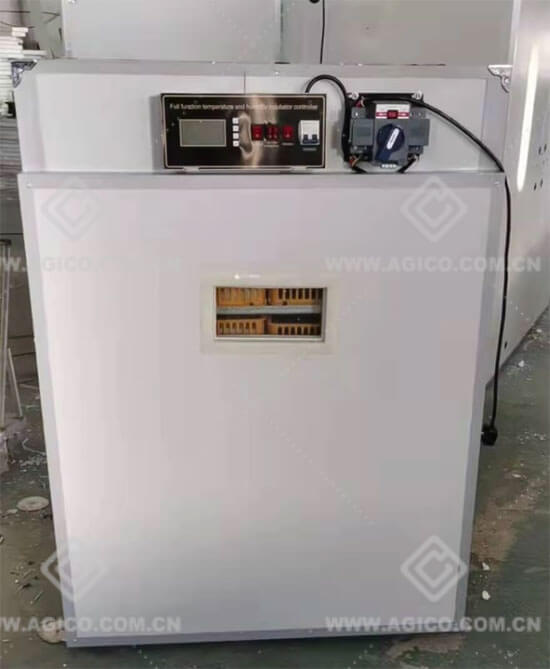
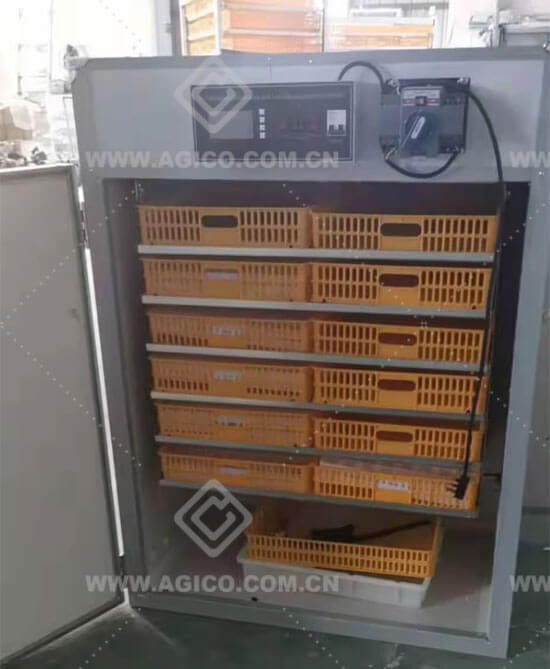
The Core Advantages of Solar Powered Egg Incubator
1. Solar power generation system
This solar generator uses a high-efficiency solar power generation system and is equipped with high-quality solar panels. The power range is between 100W-1500W, which can meet the needs of hatching of different sizes. Thanks to the high conversion efficiency of photovoltaic technology, the solar powered incubator can efficiently capture and convert sunlight into electrical energy. With deep-cycle energy storage batteries with a capacity range of 50Ah-600Ah, the incubator can continue to operate stably even at night or on rainy days. In addition, the controller can accurately manage the battery charging and discharging process, effectively extending the battery life and reducing the farmers' later maintenance costs.
2. Efficient and energy-saving, reducing energy consumption and improving economic benefits
Through real-time photovoltaic power supply, this solar powered egg incubator significantly reduces dependence on the traditional power grid, providing an efficient incubation solution for remote areas and areas with unstable power supply. In addition, the deep cycle characteristics of the energy storage battery allow the device to fully utilize every bit of electricity and significantly reduce energy waste. In the long term, this design can save users considerable operating costs while helping to achieve the sustainable development goals of low-carbon and environmental protection.
3. Intelligent control, precise management, improved hatchability
The solar powered incubator has a built-in advanced intelligent control system and is equipped with a high-definition digital display, which allows users to view and adjust temperature, humidity, and egg-turning status in real time. The fully automatic egg-turning system ensures that each egg is heated evenly during the incubation process through uniform rotation, avoiding stunted development or failure. The temperature and humidity monitoring function is accurate to every detail, keeping the egg-hatching environment at its best. This fully automated and intelligent design greatly reduces the need for manual intervention and significantly improves the success rate of incubation.
4. High applicability, multi-scenario application, multi-egg support
Whether it is rural family farming, large-scale farms in remote areas, or mountainous areas with unstable power supply, this solar incubator can easily adapt. Its design is compatible with a variety of eggs, including chicken eggs, duck eggs, goose eggs, etc., providing users with a wider range of application options. In addition, the modular design allows users to adjust the equipment configuration according to their needs. Whether it is large-scale breeding or small-scale experiments, this equipment can provide an ideal solution.
How does Solar Power Generation System Ensure the Normal Operation of Solar Egg Incubator?

Solar panels
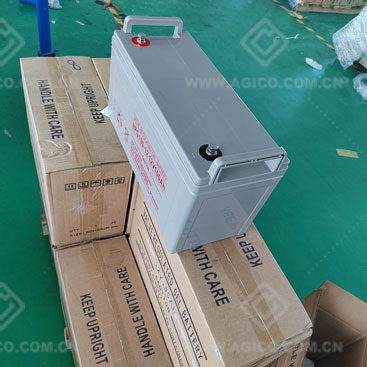
Energy storage batteries
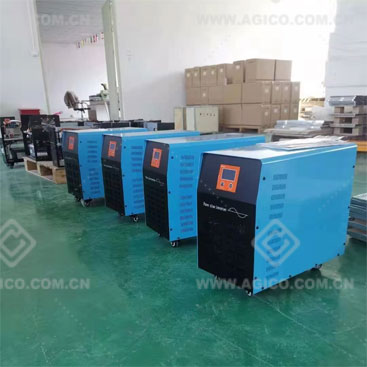
Inverter for solar egg incubator
When there is sufficient sunlight during the day, power is supplied in real time, giving priority to meeting the power supply needs of the incubator.
- When daylight conditions permit, the solar panels equipped with the solar incubator can capture sunlight and convert it into electrical energy, which is then directly supplied to the incubator through the controller. This design gives priority to supplying electrical energy to the incubator, minimizing the use of energy storage batteries, thereby improving the efficiency of the overall system and extending the battery life.
At night or on cloudy days: Energy storage systems take over power supply
- When there is no sunlight or insufficient light, the system will automatically switch to the energy storage battery for power supply. The energy storage battery is fully charged in advance during the day to ensure that the incubator can provide stable power at night or on consecutive rainy days. With the support of the inverter, the stored DC power will be converted into the AC power required by the equipment to ensure the normal operation of the incubator. If the battery power is insufficient to support the normal operation of the incubator, it will automatically switch to the grid power supply mode to ensure the normal operation of the incubator.
Intelligent power management: efficient regulation and equipment protection
- The system's built-in intelligent charging controller monitors the battery's charge and discharge status in real time, accurately adjusts the current and voltage, avoids overcharging or over-discharging the battery, extends battery life, and protects the safety and stability of the entire power system. In addition, the controller can optimize the efficiency of photovoltaic power generation, so that every beam of sunlight can be used to the maximum extent.
Solar Powered Egg Incubator for Sale
| Chicken egg | Duck egg | Goose egg | Quail egg | Power | Size | Weight | Other parts |
|---|---|---|---|---|---|---|---|
| 88 | 63 | 32 | 221 | 100W | 0.7×1.58×0.8m | 35KG | 100W solar panels, 50AH battery, 30A controller, 500W inverter |
| 176 | 128 | 64 | 442 | 100W | 0.7×0.58×1.0m | 40KG | 250W solar panels, 100AH battery, 60A controller, 1000W inverter |
| 264 | 189 | 96 | 663 | 120W | 1.1×0.57×0.9m | 43KG | 400W solar panels, 200AH battery, 60A controller, 1000W inverter |
| 352 | 252 | 128 | 884 | 150W | 1.1×0.57×1.0m | 46KG | 500W solar panels, 200AH battery, 60A controller, 1000W inverter |
| 440 | 315 | 160 | 1105 | 200W | 1.1×0.57×1.1m | 52KG | 500W solar panels, 200AH battery, 60A controller, 1000W inverter |
| 528 | 378 | 192 | 1326 | 220W | 0.95×0.65×1.0m | 60KG | 500W solar panels, 200AH battery, 60A controller, 1000W inverter |
| 1056 | 756 | 384 | 2652 | 300W | 0.95×0.65×1.3m | 75KG | 750W solar panels, 300AH battery, 40A controller, 1000W inverter |
| 2112 | 1512 | 768 | 5304 | 350W | 1.37×0.8×1.5m | 133KG | 1000W solar panels, 400AH battery, 60A controller, 2000W inverter |
| 5280 | 3780 | 1920 | 13260 | 500W | 1.75×1.05×0.8m | 220KG | 1500W solar panels, 600AH battery, 100A controller, 2000W inverter |
Application Scenarios of Solar Egg Incubator
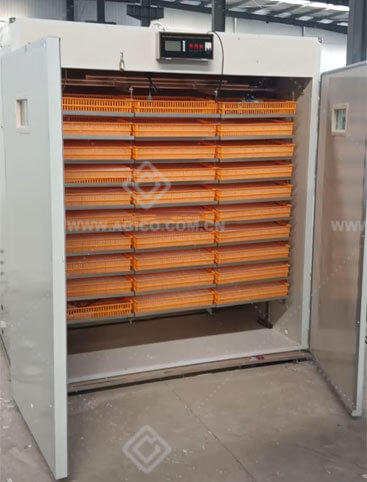
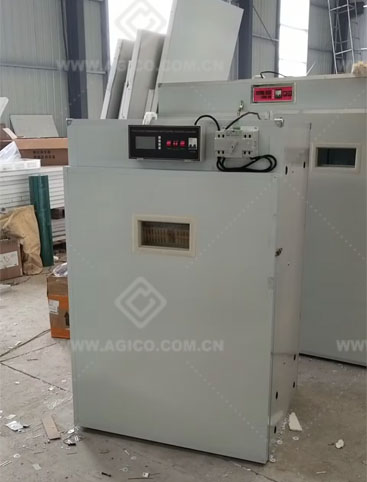
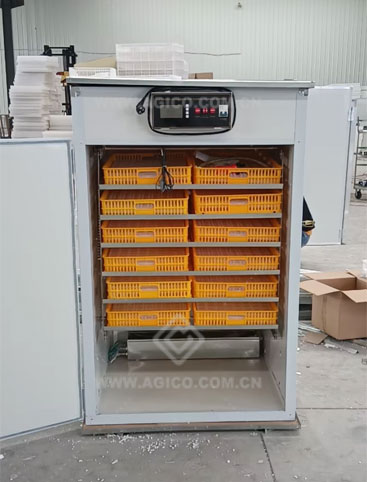
Farms in remote areas: reliable power support
In remote areas or areas with insufficient power supply, the use of traditional incubators is often limited by unstable power conditions. This solar incubator is powered directly by a high-efficiency photovoltaic system. For farms in these areas, this not only solves the power supply problem but also reduces the risk of hatching failure due to power outages. It is a stable and efficient solution.
Environmentally friendly breeding users: low-carbon and energy-saving breeding methods
With the increase in environmental awareness, more and more users are beginning to pursue green and sustainable breeding methods. Solar egg incubators make full use of renewable energy, convert sunlight into electricity, reduce dependence on traditional fossil energy, and thus effectively reduce carbon emissions.
Small poultry farmers: a low-cost, high-return option
For small poultry farmers who are just starting, initial investment and later operating costs are the most important considerations. This incubator significantly reduces electricity costs through solar power generation, while its intelligent design reduces the need for manual operation and further reduces labor costs.

